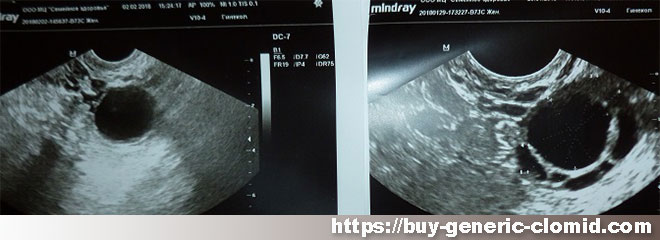Unfortunately, some women have difficulties with the production of female germ cells, or with their normal maturation and subsequent fertilization. To solve this problem, such a procedure as ovulation stimulation was developed.
Thousands of married couples today face the problem of conceiving a child, which is due to various negative factors. The absence of ovulation, obstruction of the tubes, abnormalities of the development of reproductive organs – this is not a complete list of reasons that prevent pregnancy. A huge number of women suffering from infertility managed to become happy mothers only with the help of the achievements of modern medicine.
Indications for ovulation stimulation
Hormone therapy aimed at stimulating ovulation is prescribed to women in the following cases:
- with infertility of unclear genesis (if a woman has no objective reasons preventing pregnancy, but even with regular sexual activity throughout the year, conception does not occur);
- with hormonal insufficiency that cannot be corrected by other means;
- when using assisted reproductive technologies that require the collection of eggs from the ovaries (in vitro fertilization, ICSI).
Contraindications to ovulation stimulation
Ovulation stimulation is not prescribed to women who are over 35 years old, who have unsuccessful experience of previous ovulation stimulation (more than six times), as well as patients with structural disorders in the body that prevent conception and the normal course of pregnancy (with obstruction of the fallopian tubes, oncological diseases, acute inflammatory processes, uterine pathologies, etc.).
Reasons for the lack of ovulation
Sometimes the hypothalamic-pituitary system of the body fails, as a result of which a woman has a violation of the menstrual cycle, up to the complete cessation of menstruation.
The reasons for this phenomenon may be:
- genetic: the presence of certain defects in the sex chromosomes that interfere with the normal hormonal background;
- pathological: a tumor or inflammatory process prevents the pituitary gland or hypothalamus from producing a sufficient amount of necessary hormones;
- indirect: the normal course of ovulation is disrupted by dysfunction of the adrenal cortex and thyroid gland, closely related to the pituitary gland and hypothalamus.
Drugs for ovulation stimulation
Currently , ovulation stimulation is carried out with the following medications:
- menstrual (cyclic) gonadotropin. This hormone is produced by the pituitary gland and is responsible for the various phases of the menstrual cycle. Unlike chorionic gonadotropin, which is produced exclusively during pregnancy, ovulation is stimulated by hormones that regulate a woman’s reproductive cycle in her normal state;
- artificially created (recombinant) FSH, most often Gonal;
- Clomiphene, with the help of which the production of gonadotropins is stimulated, due to which ovulation occurs. By binding specifically to the receptors of the hypothalamus and pituitary gland, Clomiphene increases their activity;
- traditional medicine products. Due to the content of analogues of human body hormones in some medicinal plants, preparations based on them contribute to achieving a stable positive effect in the treatment of infertility.
The dose of a particular drug is determined depending on the initial hormonal background. Each woman is selected an individual schedule of reception (ovulation stimulation protocol).
Ovulation stimulation begins on the 3rd-5th day of the menstrual cycle. To control the maturation of the follicles, ultrasound examination is performed daily, as well as basal temperature monitoring.
In addition, it is periodically necessary to take tests to determine the level of estradiol (a hormone produced by the ovaries responsible for the development of the placenta) and cervical number (studies of mucous secretions from the cervical canal: before menstruation, they acquire a more watery consistency).
In case of ineffectiveness of hormonal treatment, the dose of the drug may be increased.
An adequate reaction can be considered in the case of an increase in the follicle by 2 mm per day. If the follicle grows more rapidly, the dose of hormonal drugs must be adjusted, or stop taking them.
Effects of stimulation
The most common negative consequence of ovulation stimulation is ovarian hyperstimulation syndrome (OHSS), which is accompanied by the formation of cysts, stool disorders, fluid accumulation and deterioration of well-being.

In accordance with the degree of OHSS, the disease may in some cases not require therapeutic measures, in others it may even require surgical treatment.
When conducting ovulation stimulation, a woman should control her well-being and listen to any changes in her health. If signs of malaise appear, you should immediately inform your doctor about them.
Ovulation stimulation often threatens the development of ectopic, as well as multiple pregnancies, due to the maturation of a large number of eggs.
One of the complications is the possible development of an allergic reaction to a particular drug taken.
The effect of ovulation stimulation occurs in 10-38% of cases. With the help of this method, the hormonal background is corrected and the necessary conditions are created for the onset of pregnancy.
The positive outcome of ovulation stimulation depends on strict compliance with medical prescriptions and on the positive attitude of the patient herself.